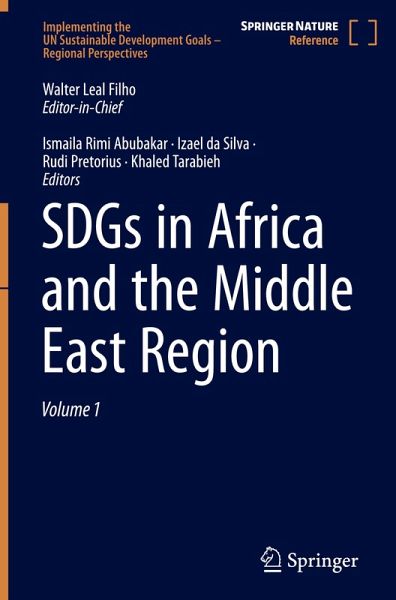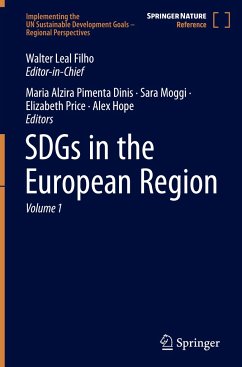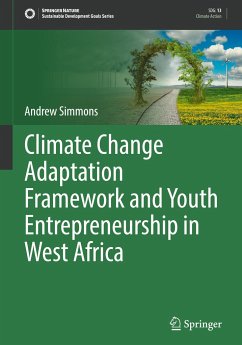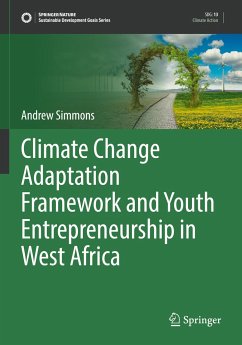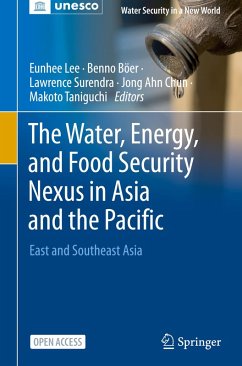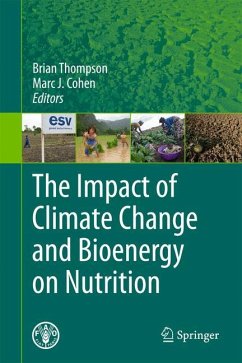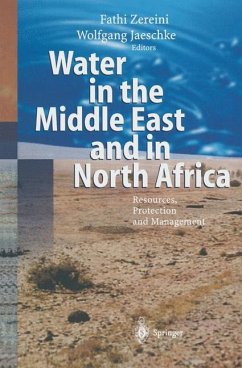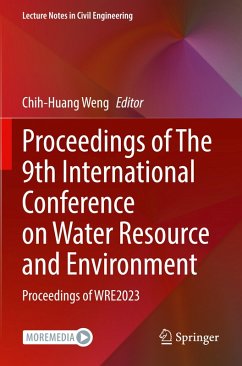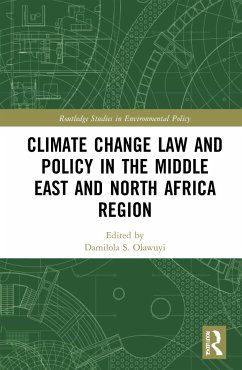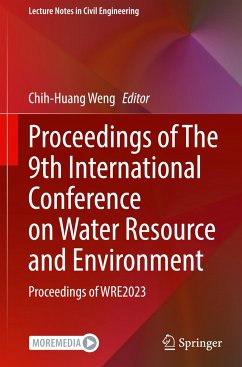Prof. Walter Leal Filho (B.Sc., Ph.D., D.Sc., D.Phil., D.Tech., DL, D.Litt., FSB, FLS, FRGS) holds the Chairs of Climate Change Management at the Hamburg University of Applied Sciences (Germany), and Environment and Technology at Manchester Metropolitan University (UK). He directs the European School of Sustainability Science and Research (ESSSR) and the Inter-University Sustainable Development Research Programme, the largest network of universities specifically focusing on research on matters related to sustainable development. Professor Walter Leal Filho has over 30 years of experience on sustainable development research and in excess of 700 publications to his credit. Ismaila Rimi Abubakar (Ph.D., M.CRP, M.Sc, B.URP) is an esteemed professor of urban sustainability with over 20 years of experience in teaching, multidisciplinary research, and professional consultancy across four continents. He holds a Ph.D. in Urban and Regional Planning from Florida State University, a Master of City and Regional Planning from KFUPM in Saudi Arabia, and a Master of Science in Computing from Robert Gordon University, UK. He has been listed among the world's top 2% of scientists by Stanford University since 2021. His research focuses on urban sustainability, climate change, transformative urbanisation, and basic urban services. He is a fellow of the Population Reference Bureau, Washington, DC, and a member of the American Planning Association, the Inter-University Sustainable Development Research Program in Hamburg, Germany, the African Studies Association, and the Nigerian Institute of Town Planners. His 100+ scholarly works have been published in renowned, high-impact journals such as the Journal of Cleaner Production, Science of the Total Environment, Habitat International, Cities, Land Use Policy, Nature Cities, Environmental Science and Pollution Research, International Journal of Sustainable Development & World Ecology, International Journal of Disaster Risk Reduction, Environment, Development and Sustainability, Utilities Policy, Energy, Sustainability and Society, Water International , International Journal of Water Resources Development, and Journal of Water and Climate Change. Izael Pereira Da Silva (Professor) is a renewable energy specialist with over 20 years of experience in research and academic leadership. He is a Professor and Deputy Vice-Chancellor for Research and Innovation at Strathmore University where he also spearheads the UNESCO/UNITWIN chair on climate change resilience and sustainability. He holds a Ph.D. and a Master of Science (M.Sc.) in Electrical Engineering, with a specialisation in Power Systems, from the University of Sao Paulo, as well as a Bachelor of Science (B.Sc.) in Electrical Engineering, with a specialisation in Power Systems and Telecommunications, from the Federal University of Parana. A qualified engineer, he is a member of several engineering societies within and outside Africa such as the Council of Engineers in Energy Transition (CEET). He is also an Accredited Energy Auditor with Kenya's Energy and Petroleum Regulatory Authority (EPRA), and a Certified Energy Manager with the Association of Energy Engineers (AEE), based in Atlanta, Georgia. Over the years, he has worked with government ministries, development agencies (like GIZ, Sida, the World Bank, etc.), and industry stakeholders (within and outside Africa) in research and research-related projects, to deepen the linkage between industry and academia. His research interests are renewable energy, the Sustainable Development Goals (SDGs), energy efficiency, climate change mitigation and adaptation, demand-side management, energy conversion, energy utilisation and conservation, renewable energy technologies, and renewable energy policies. He has written and published extensively in these areas. Rudi Pretorius (MBL, M.Sc., Ph.D., M.Akad.SA) is an Associate Professor of Geography at the University of South Africa (Unisa). His interests cover education for sustainability, open, distance, and e-learning applications in geography and environmental study fields, sustainability in higher education, sustainable development, and the SDGs. His publication record includes papers in several international journals, and he recently co-edited the book Sustainable Development in Africa: Fostering Sustainability in one of the World's Most Promising Continents. He is Deputy Editor for Discover Sustainability and the International Journal of Sustainability in Higher Education. At Unisa, he is currently the project leader for an international collaborative project on teaching and learning dimensions of the SDGs between Unisa, Hamburg University of Applied Science (Germany), and the University of Passo Fundo (Brazil). Khaled Tarabieh is an Associate Professor of Sustainable Design at the Department of Architecture at The American University in Cairo and the current University Architect tasked with the planning and management of the AUC new campus expansion. He is a holder of a Bachelor of Science in architectural engineering from Alexandria University and both a master's in city planning (MCP) and a Ph.D. in city and regional planning from the University of Pennsylvania, USA, with a specialisation in the planning of energy-efficient urban environments, high-performance building design, certification, and assessment. He is a LEED-accredited professional with expertise in green building design, construction, and assessment using different types of rating systems.
